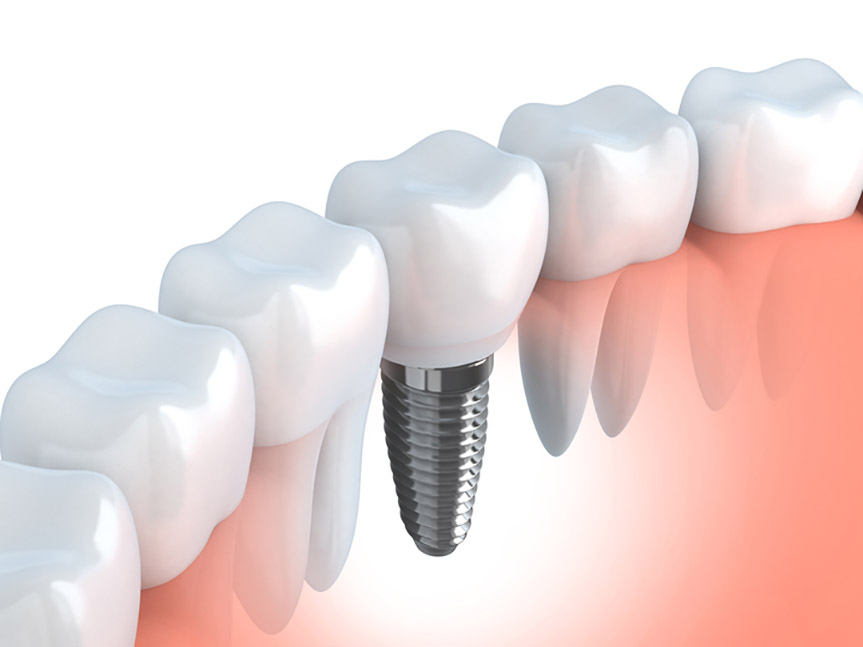Dental Implants vs. Bridges: Finding What’s Best For You

A missing tooth can do much more than ruin your smile. It can cause difficulties when eating and may even break your teeth’ alignment. Therefore, you should consider replacing it to maintain your facial look and to prevent problems with speaking and eating.
When it comes to missing teeth, you can either go for dental implants, or bridges. Regardless of the choice you make, it is essential to choose the best dentist in North Huntingdon PA if you want to have the desired results.
Wondering which option is the best for you?
This article will help you make a decision by discussing the pros and cons of both implants and bridges. Of course, speaking with your dentist is best, but we strongly believe that you should also understand what each treatment entails.
At the end of the article, you will be able to weigh your choice based on the information we provided and your doctor’s advice, and make an informed decision.
Dental Implants
Dental implants are artificial substitutes for missing teeth, that resemble real teeth and are anchored in the jawbone. Implants can be used to replace a single missing tooth, multiple teeth and even all of the teeth in an arch. They comprise a titanium metal that acts as the root of the tooth and a crown.
Here are the pros and cons of dental implants:
Pros
- They last for more than 15 years or more, offering a more permanent solution to missing teeth.
- They are more natural-looking compared to bridges.
- They do not harm the healthy teeth around them.
- As long as you consider the right family dentistry office, they are a solution that benefits all your family member.
- They have a high rate of success, say more than 98%.
- Dental implants support good jaw health.
Cons
- Implants are a larger financial and time investment than bridges.
- There may be complications if you choose an unqualified dentist.
- The process may take a long time to complete, sometimes even up to one year.
Dental Bridges
Bridges are crowns placed on each end of the teeth gap. Unlike implants that need a root on every tooth, a bridge, just like its name suggests, only needs two crowns and can cover multiple missing teeth. For example, if you have four missing teeth, you only need two crowns on each side of the gap. The color of the bridge resembles that of the surrounding teeth to ensure there is no notable difference.
Here are the pros and cons of dental bridges:
Pros
- Bridges are noninvasive and do not involve grafting of the bone.
- The treatment can be covered by insurance.
- The upfront cost is lower compared to implants.
- You only need around two visits to the dentist to complete the treatment.
Cons
- Most bridges only last around 7-10 years.
- The bone where the teeth are missing will continue to shrink overtime.
- Their natural look disappears with time and lack of care.
- They may cause cavities and decay on the surrounding teeth, often leading to bigger problems down the road compared to dental implants.
- Dental bridges will not prevent the gum from receding.
Dental implants and bridges are among the most effective smile enhancements you can have. Remember, people are different, and what works for another may not work for you. Talk with your dentist and ask them to help you choose the treatment that can benefit you most.


Comments are closed.